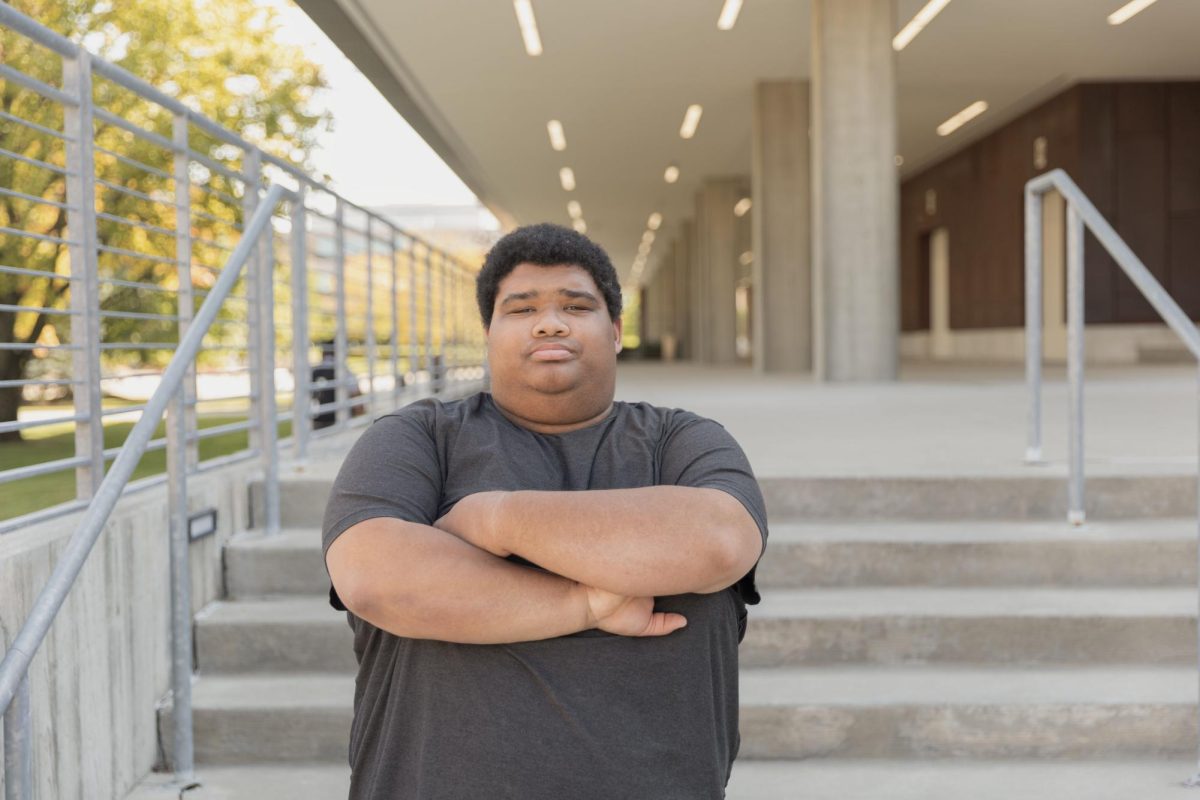Free counseling at OU has experienced a progressive decline throughout the years, bringing the number of free sessions provided to students down to only 4, after which one needs to pay $20 in order to get each of the remaining 11 sessions. But mental health requires more than that, more than the overall $220 one would pay in exchange for the service OU could offer to students in need. The students deserve so much better than this. The students deserve an administration that cares about their well-being as much as their performance. However, the current poor funding of the Counseling Center is giving a concrete sign of the opposite.
It is impossible to explain how important the issue of mental health is among students. Being university students, we are “emerging adults,” and we are undergoing one of the most delicate phases of our lives, one in which the decisions we make will be reflected forever; one in which we are developing ourselves, maturing into the people we wish to become, and building our future. That can be accomplished by doing well in classes, having a social life, working, and taking care of ourselves. It is inevitable for us to be facing so many challenges, which will lead us to struggle at some point along the way. That is without mentioning all the students who already have difficulties on their own, making it harder to be productive at school and work when they are going through a lot already. As they have to cope with these issues, they should be able to rely on strong and effective counseling for help; sadly, that is not the case at this University.
Seeking help for one’s mental health is not as easy as we might think; in fact, many people who need help face the challenge of finding this kind of assistance in the first place, due to this stigma that exists with counseling. Not all families support counseling for mental health issues, and they deny this kind of help to their children, who suck it up as a consequence, while other students simply do not want to put their counseling sessions on their families’ insurance records, as they might be ashamed to tell their parents or relatives about their struggles. Nevertheless, these students still need help, and that is how they are left alone fighting their own battles. The University should care about the success of its students, which includes providing a viable solution to the mental health stigma that blocks students from receiving the help they need. However, with a poorly funded Counseling Center, the 4 free sessions will hardly make a difference in improving the mental health of those who have serious struggles and cannot afford to pay to get help. In addition, the OU administration seems to think that 15 sessions are sufficient for students to solve the complex issue of mental health, but that is far from being the truth. To many, that is not enough, which is why they would have to find other resources to receive help.
If the OU administration truly concerns itself about the students being able to exploit their full potential (both in school and in life), it will have to reconsider offering so little to the student body and providing more funds and qualified staff to the Counseling Center immediately.








